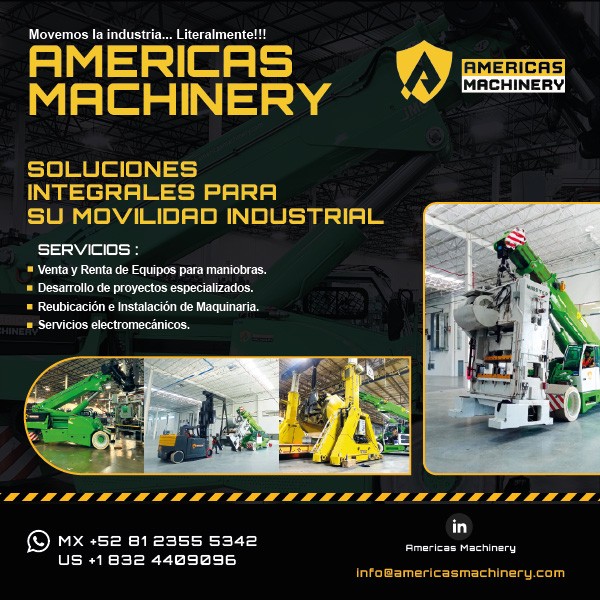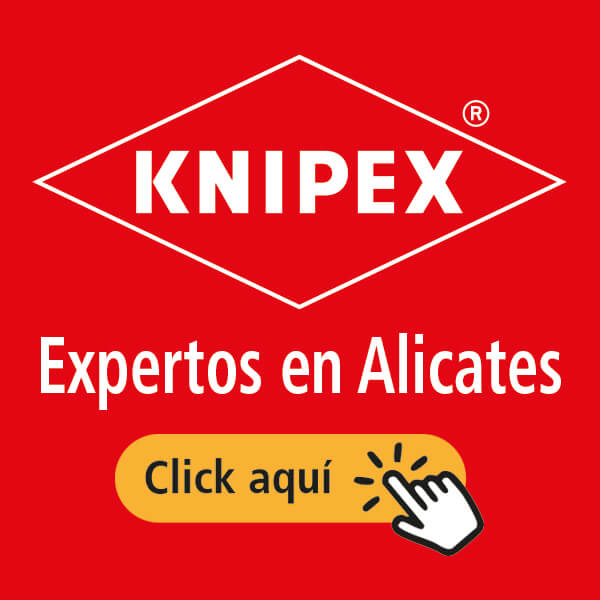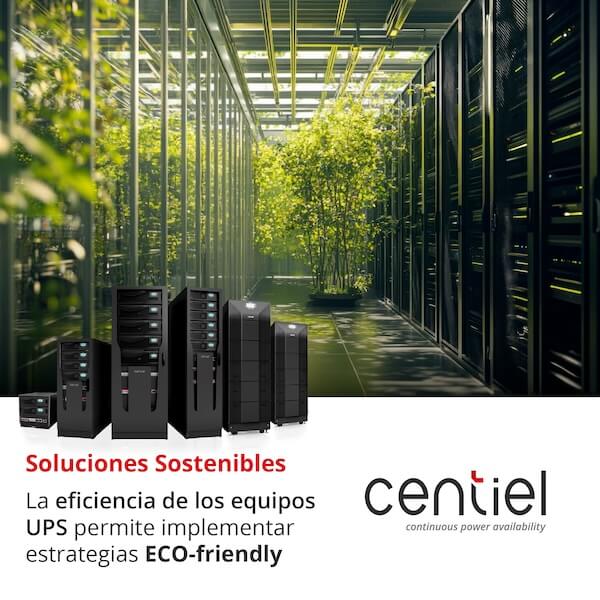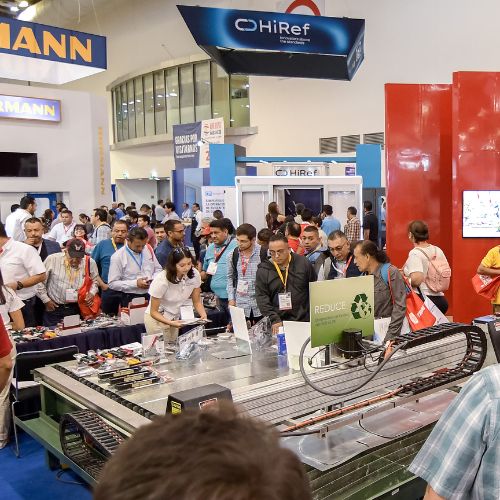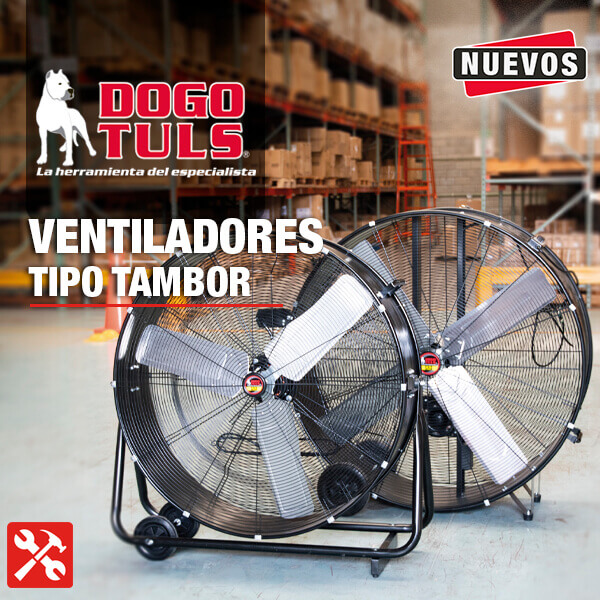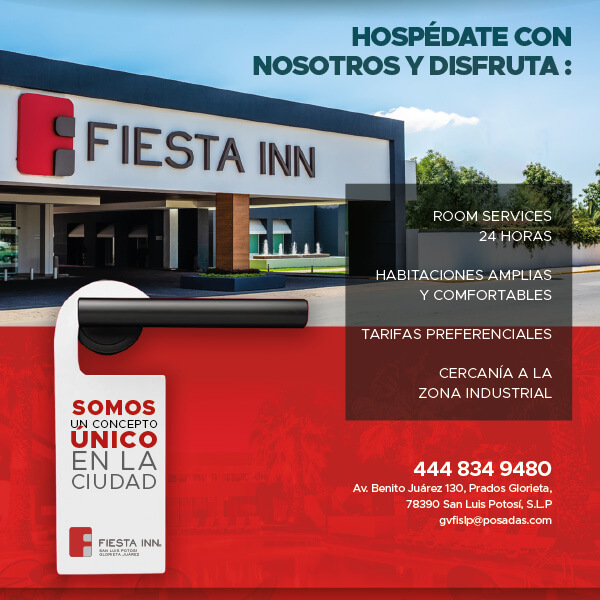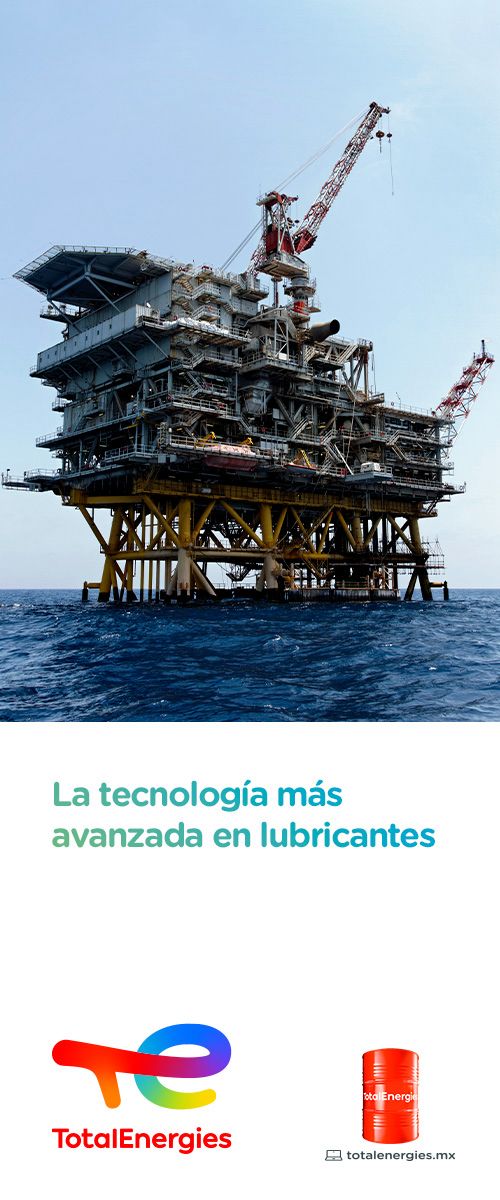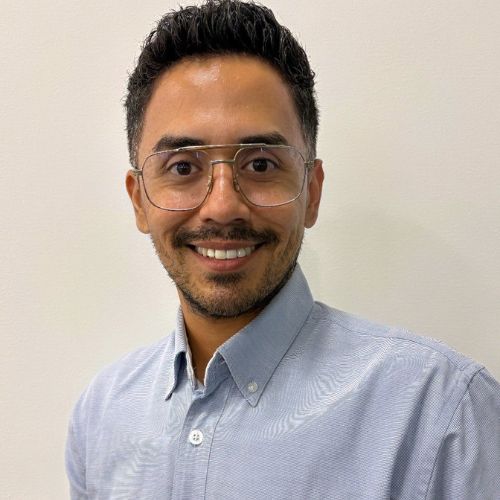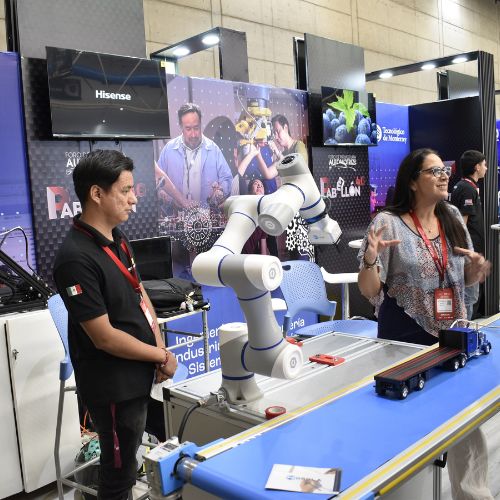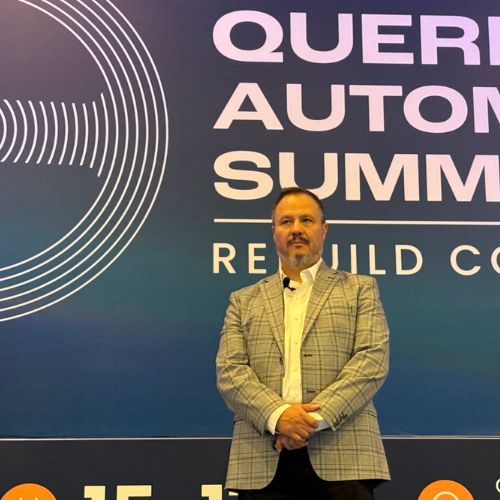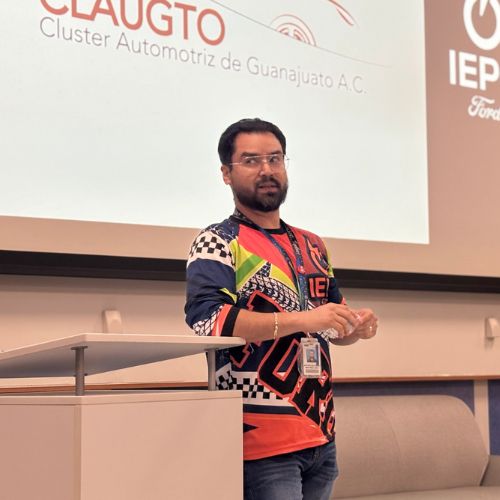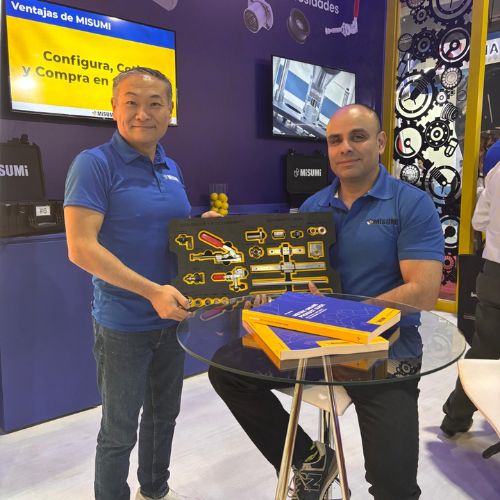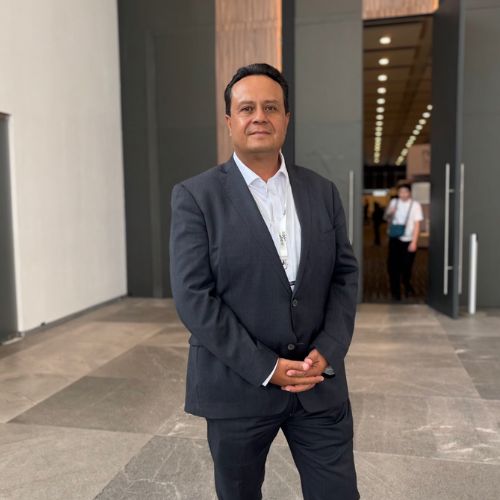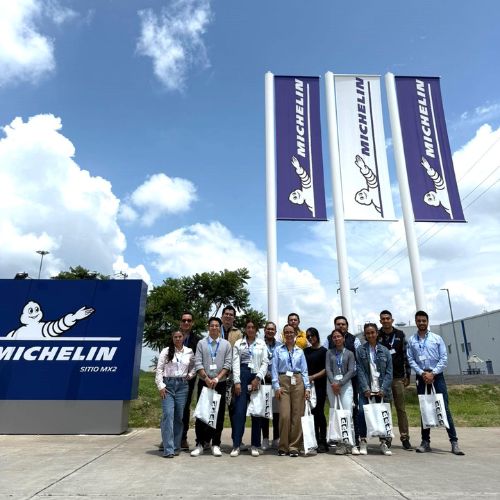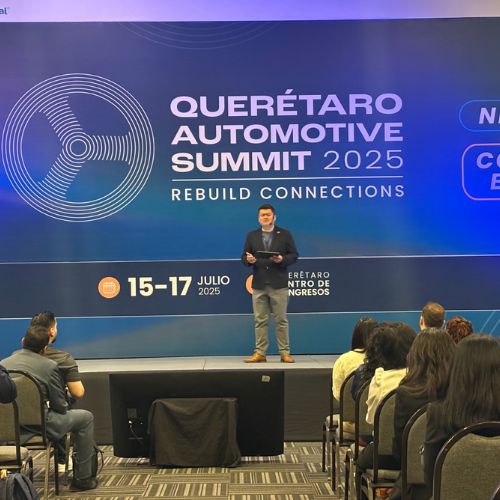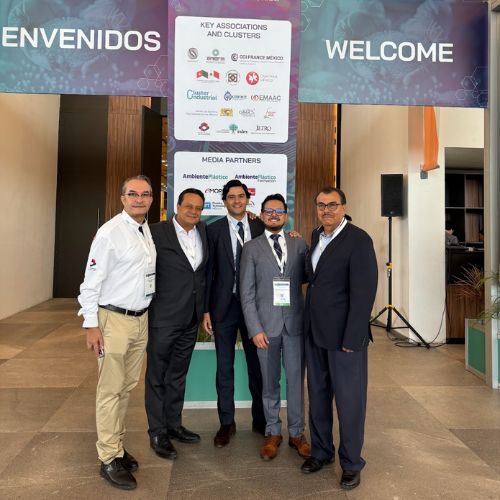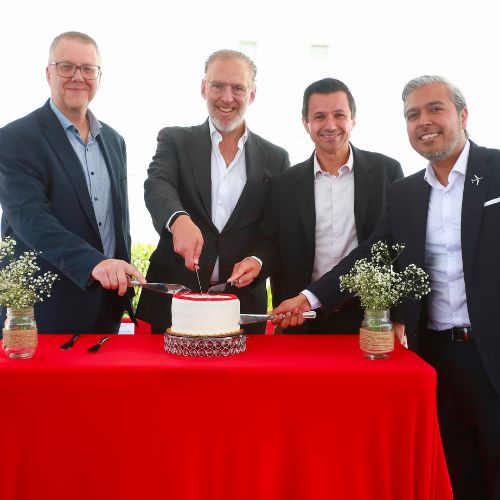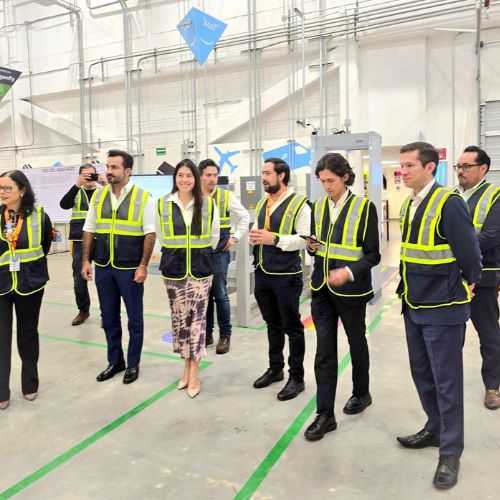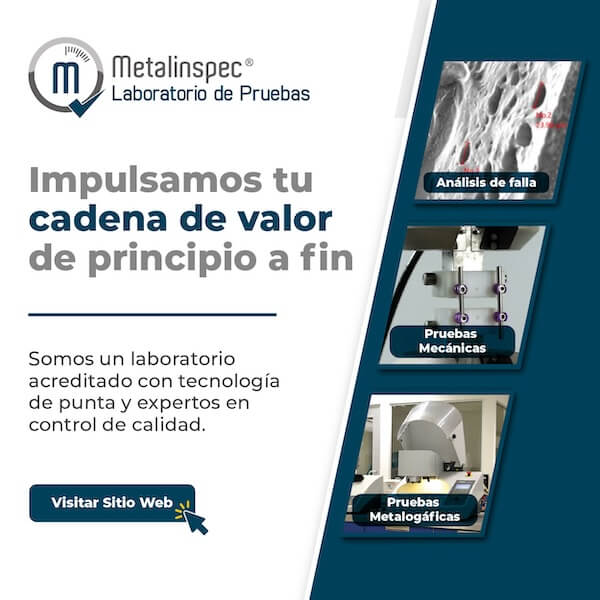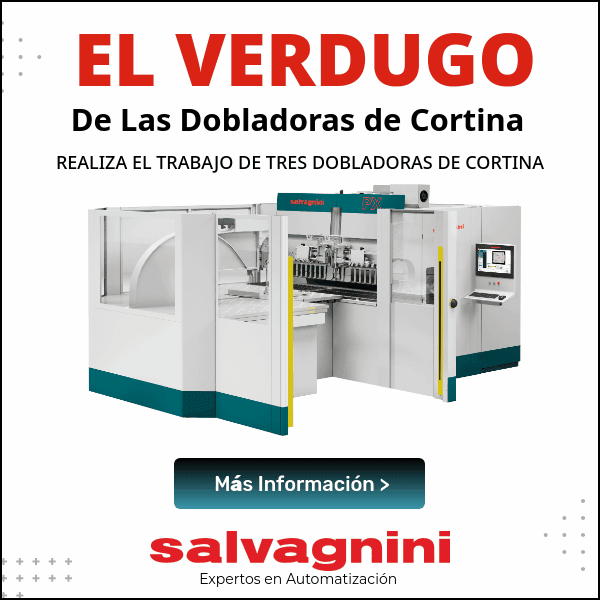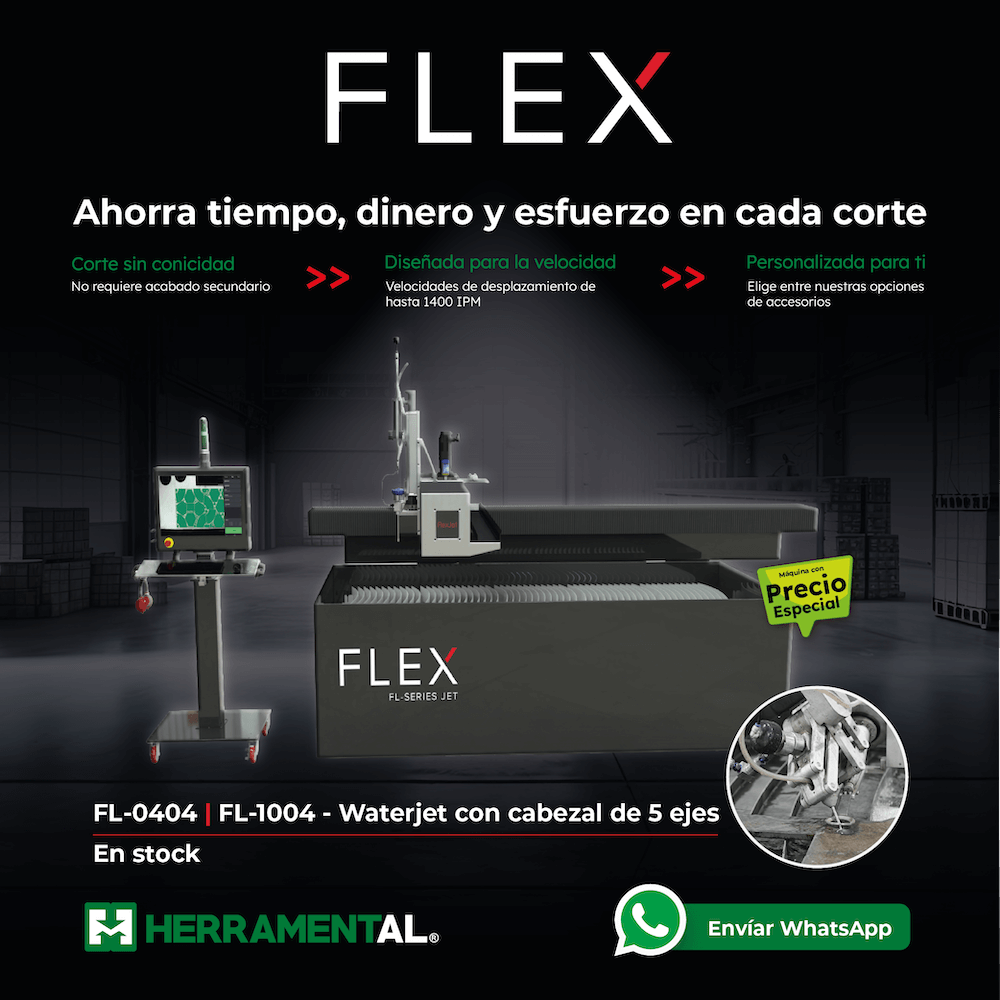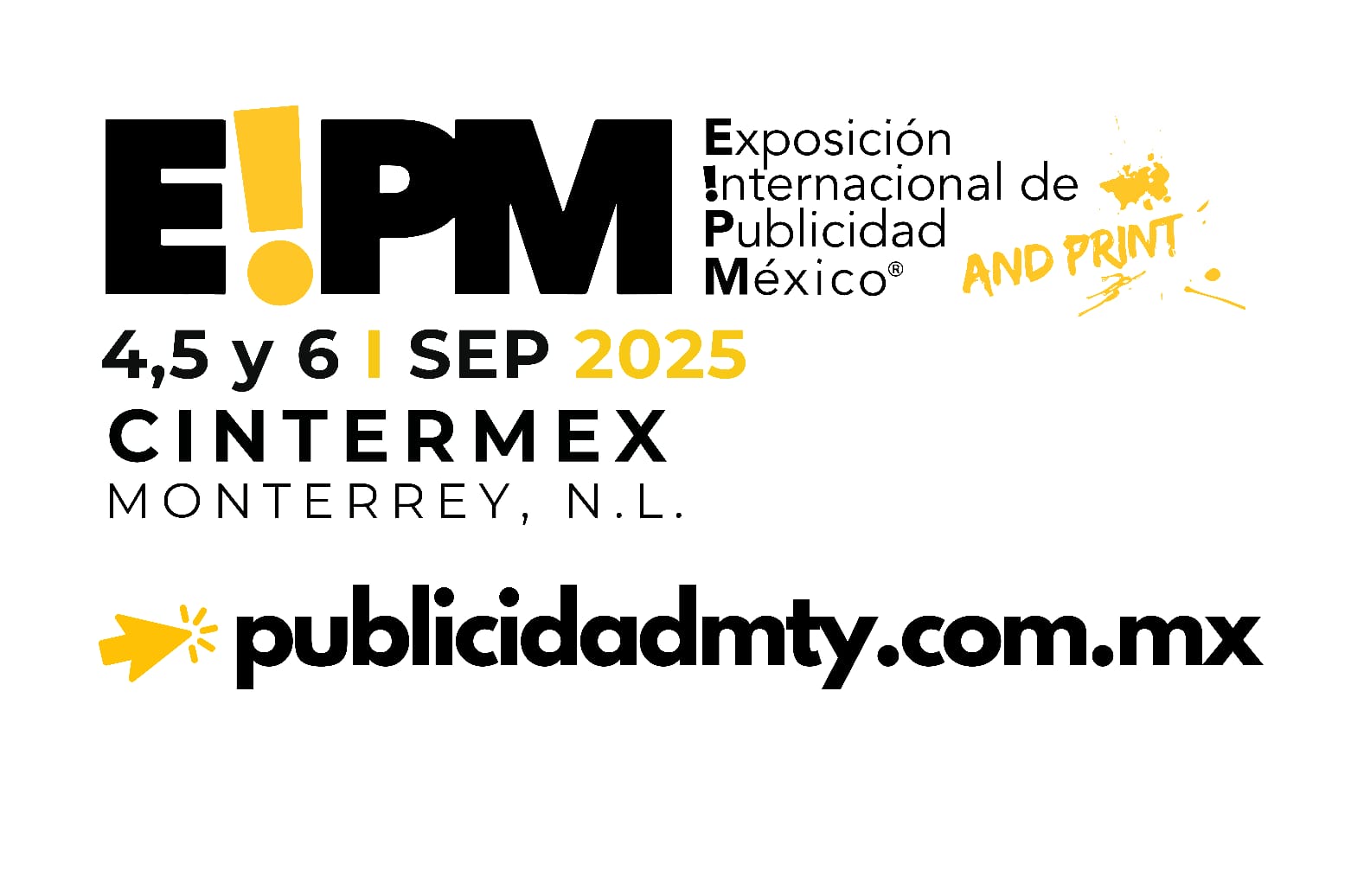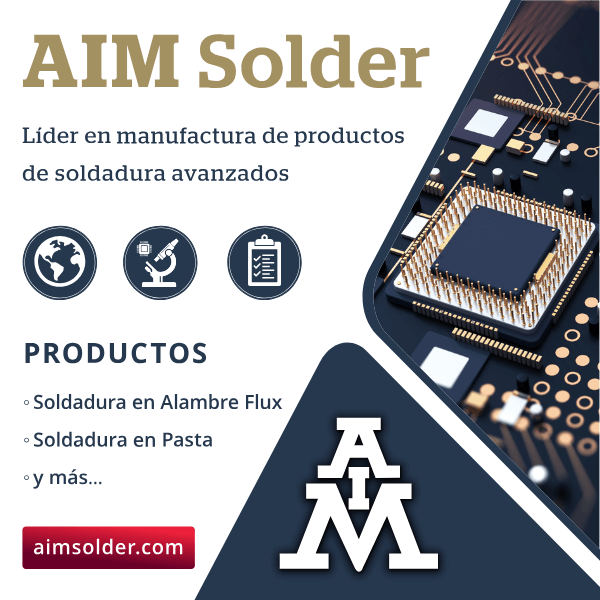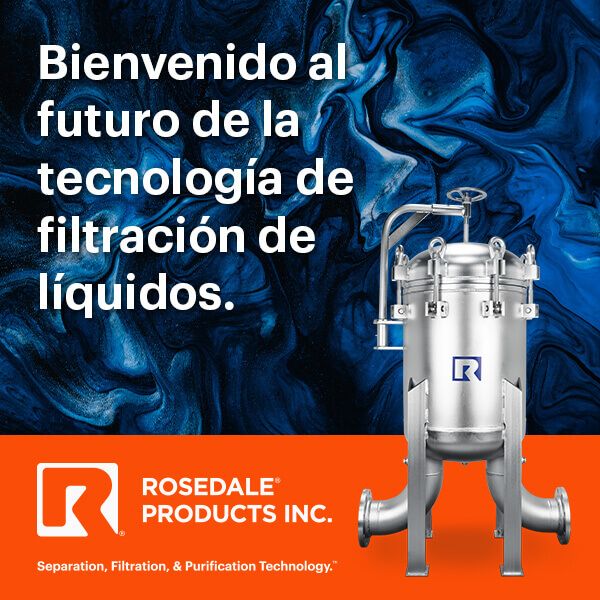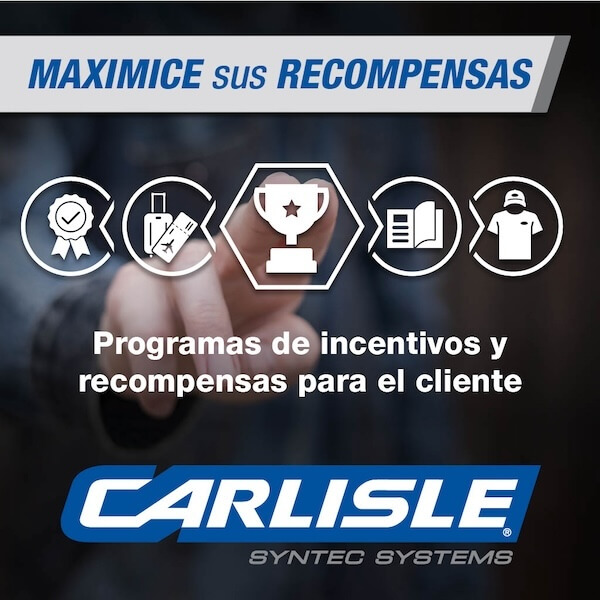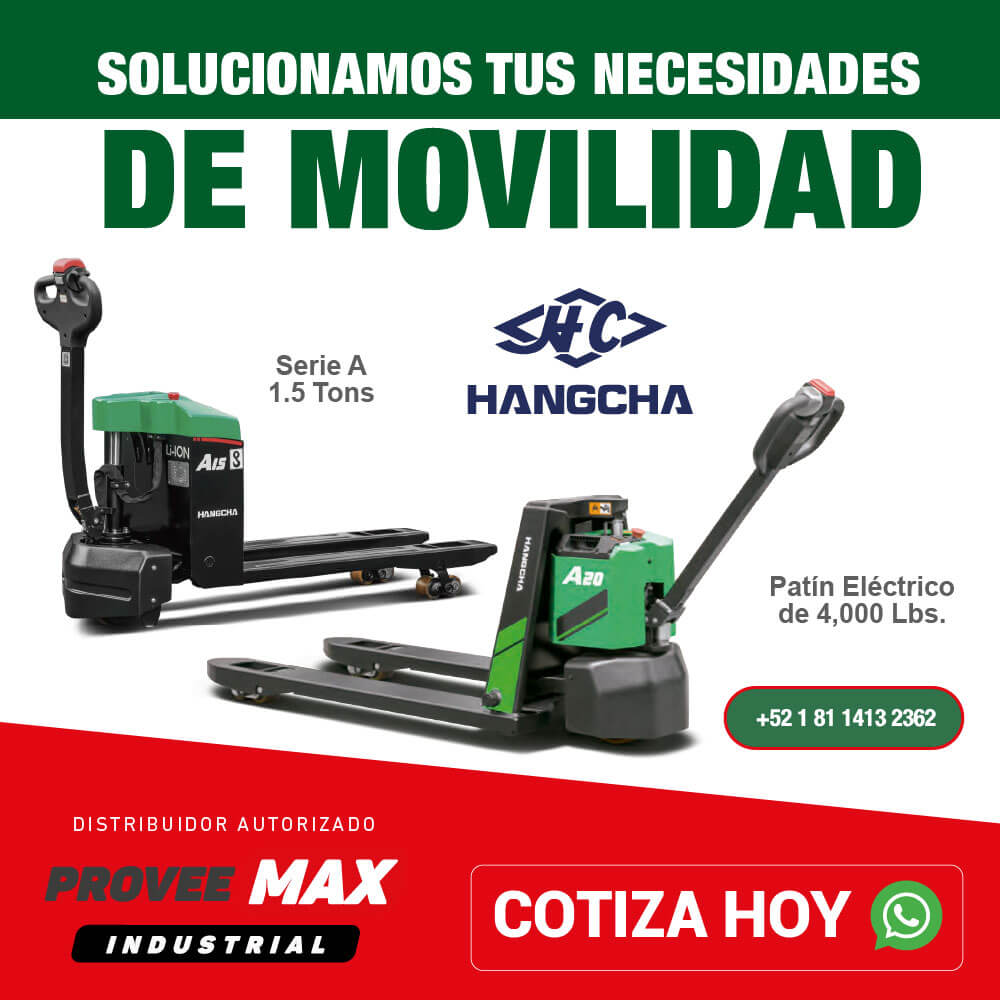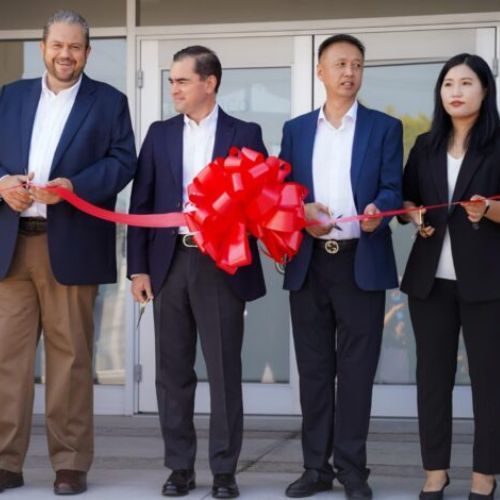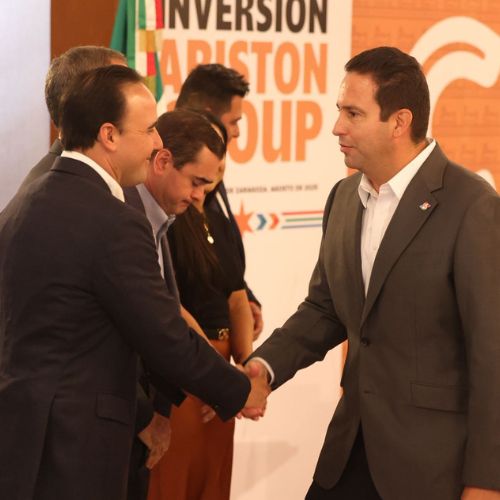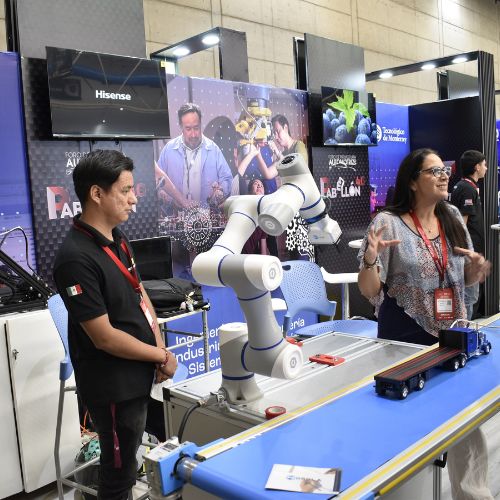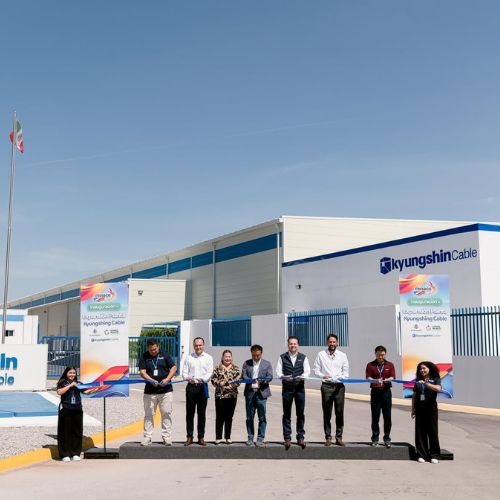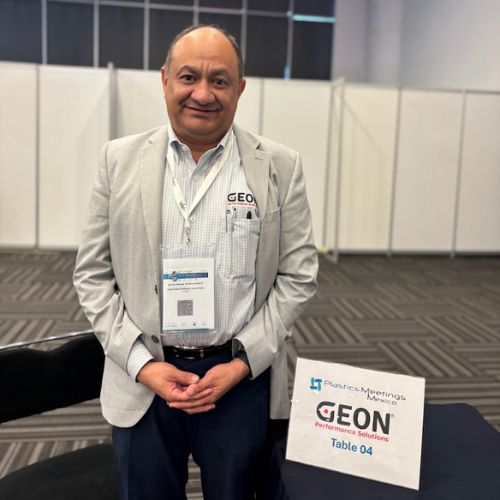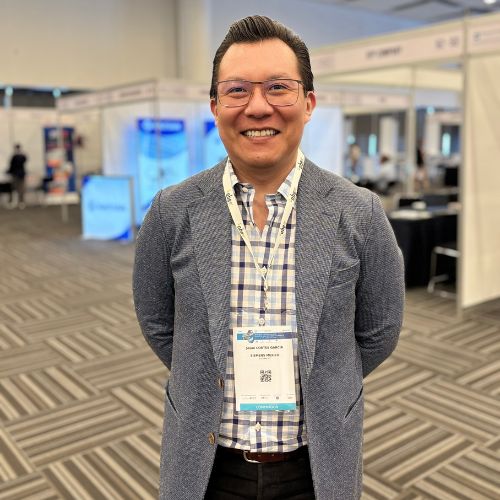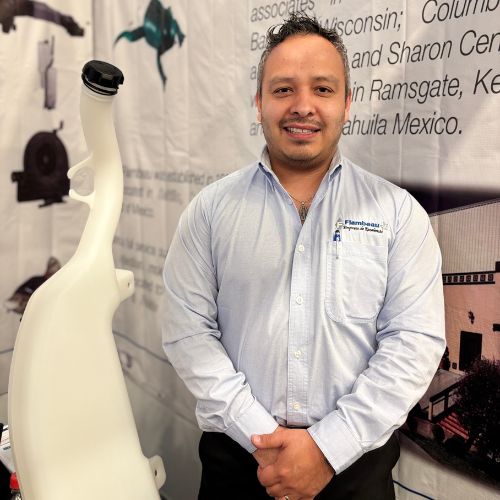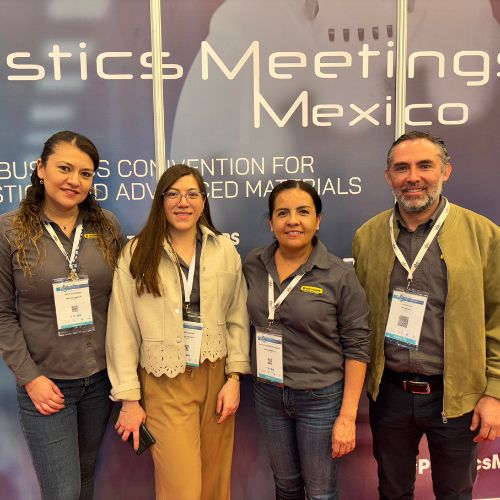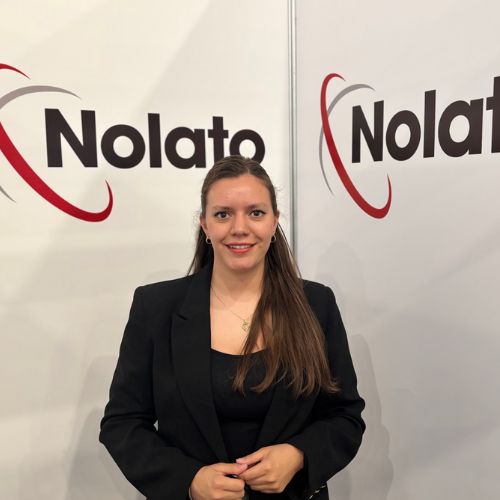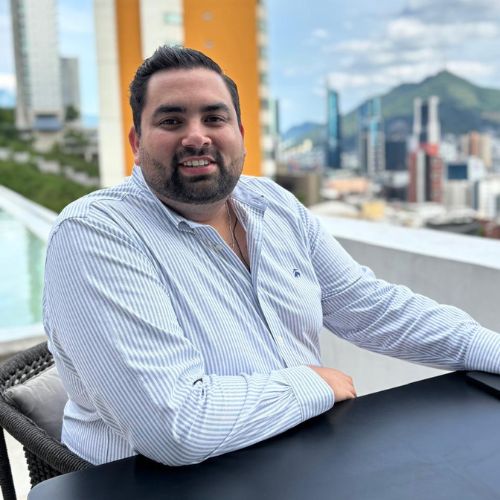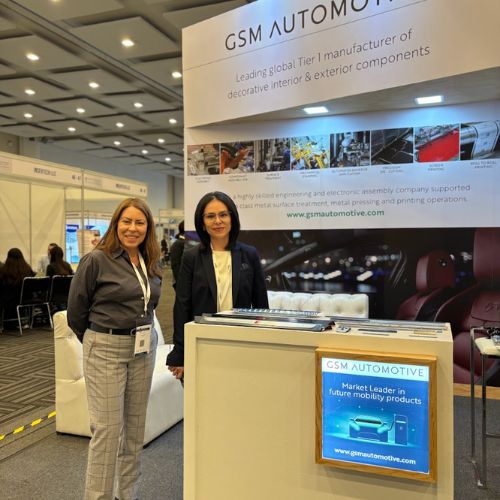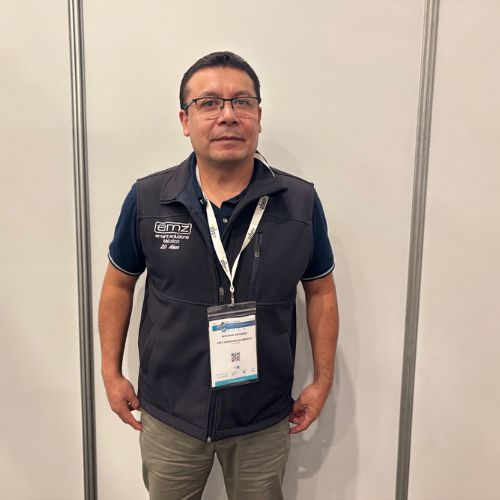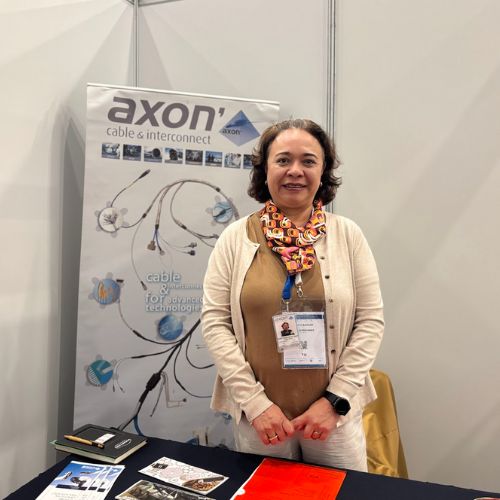IN SEARCH OF LOCAL SUPPLIERS
Businesses Located in Querétaro and Nuevo León Seek Services, Raw Materials and Supplies to Stock the Supply Chain
The development of suppliers is one of the best ways to fill the needs of a company requiring suppliers who are specialized, competitive, and capable of matching the business’ aggressive growth plans.
In supplier development programs, companies implement methodologies that boost the commercial relationship between a leading business and their suppliers of goods and services, creating an improved business that benefits all parties. In this way, supplier development programs contribute to community development in the region where the companies have their operations.
In order to develop suppliers, one has to enter into the market of the supplier’s company. This process includes knowing their weaknesses, developing their skills, articulating their needs and how they can develop a better product or service, working out the costs, exploring their needs for reinvestment, and planning for the growth and training of human resources.
Grainger, a provider and distributor of supplies for industrial maintenance, repair, and operation, is one of the companies that has focused on supplier development at a national level. In doing so, they have used a variety of strategies not only to seek suppliers but also to evaluate and select them.
“We focus on looking for companies who already have export capacity, or who have the goal of being able to export in the short run. We want companies that meet international quality standards according to their particular product line (UL, CSA, OSHA) and that are suppliers with sufficient capacity to satisfy one of the largest markets in the world,” said Melva Serrano, Associate Procurement Manager of Grainer. Serrano added that they seek suppliers who are very prestigious in the national market and who have a global vision of short- and medium-term growth. Additionally, suppliers should be flexible enough to meet the requested specifications, as well as to enhance the product line with innovations, and they must also provide logistical support, i.e. bring the product’s FOB to the closest port.
“In Grainger Global Sourcing’s case, the search for, evaluation of and development of suppliers is paramount. Therefore we use criteria that assure us that we are selecting the best possible provider and leader in the field, since our brand is at stake,” said Gerardo Mañueco, Grainger’s Procurement Manager, who added that it is very important to establish good relationships with export agencies through networking.
“Being a supplier of GGS (Grainger Global Sourcing) opens many doors to the global market, seeing as it allows for access to the biggest market in the world, as well as the help and support of renowned company like Grainger. We are looking for an entrepreneurial provider who wants to grow, who has high quality standards and a global vision, and who looks for long-term business relationships,” stressed Mañueco.
He also pointed out that, in Latin America, finding suppliers who meet the quality standards required for handling Grainger’s global market has been a challenge, since companies are not usually prepared to work in accordance with the U.S. market requirements.
“Usually companies only offer their current product portfolio and don’t look to expand or change their product portfolio. Even so, we believe that Mexico and other countries who have a good export base – such as Argentina, Brazil, Chile, and Colombia, among others – have highly competitive and qualified companies with which they are currently doing business,” he added.
Today, the majority of Grainger’s imports come from Asia, but the current trend is to diversify purchases in other regions of the world as well. Hence, the company makes a great effort to focus on Mexico and the rest of Latin America.
Mañueco expressed that, for the company, relying on Mexican suppliers provides many benefits, such as the low transportation costs, ease of export and operation, bilateral trade and tariff benefits, competitive labor and skilled workforce costs, among many others.
“Today, Mexico offers a wide variety of products, including engine lines, ventilation, plastics and cleaning products, among others. However, it still has a lot of room for growth in other sectors that we explore; for example, in electrics and handling of materials,” said Mañueco.
Grainger is currently looking for all types of industrial supplies for maintenance, repair and operation of enterprises. They are especially seeking products that fall under the categories of material handling, electrics, hand and power tools, cleaning and painting, industrial safety, personal protection, outdoor equipment, lighting, motors and ventilation, among others.
Benefits of Local Supply
It is estimated that having a local supply benefits the supply chain by increasing a company’s competitiveness through improved customer satisfaction and management of the supply chain, reduced production costs, waste and losses, as well as optimized resources.
For IMTEC México, a plastic-injection company located in the municipality of Guadalupe in Nuevo León, the development of local suppliers is of great importance. Doing so provides better customer service, greater flexibility, a higher level of inventory, and better prices – all because costs are not impacted by exchange rates and import elimination.
Jean-Francois Savarieau, the company’s General Director, said IMTEC carries out a variety of activities that promote the substitution of import suppliers with local suppliers, including outstanding technical and service audits.
It is worth noting that, today, 70% of the supplies with which IMTEC manufactures its products come from companies located in the United States, Canada, Europe, and China, while the remaining 30% are provided by local businesses.
“Foreign companies provide us with raw materials, metal components from a catalog or custom orders, while the local businesses give us services and some raw materials.”
The company currently needs local MPS suppliers (that is to say, suppliers of PBT-PA technical matter with PP/EPDM glass batches), as well as mold maintenance and new mold development. IMTEC said that it requires that all those wishing to become a part of their supply chain be a company certified in ISO quality.
In Querétaro, the large manufacturing firms are also concerned about the development of suppliers.
Such is the case of Valeo Sylvania Lighting, a company that produces car headlights, taillights, and stop lights.
When the company started in 2000, its supplier base was totally foreign.
70% of their inputs and raw materials came from France, Spain, and Germany in particular, and the remaining 30% from the United States.
Nowadays, these percentages have changed radically, due to the fact Mexican companies have been able to meet the service and quality expectations required by the automotive company.
Now, 50% of Valeo’s supply chain is represented by U.S. companies, 25% Mexican, 15% European, and 10% Asian.
“Plastic resins, bulbs and electronics are the three most important supplies received from abroad, while the packaging, gaskets, assembly lines, and the plastic parts injection are offered by Mexican companies,” explained Roberto Bellemo, Purchasing Manager of Valeo Sylvania.
The local supply agencies allow the manager to implement optimized logistical solutions, such as returnable packaging.
“It is also possible to optimize inventories on both sides, as much as for the supplier as for Valeo Sylvania,” said Bellemo, who stressed the other advantages that come from having a local supply agency, including the ease of communication between with companies that speak the same language, fewer problems in the time required for delivery, and a rapid reaction in the case of quality or delivery problems.
“And in many cases, [another advantage of having a local provider] is having better costs as compared with supplies from abroad,” said Bellemo, who emphasized that with the development of national and local suppliers, Valeo has managed to achieve savings in labor and transportation, as compared with the supply agencies from Europe and the United States.
“Measuring the saving of having a local supply agency is difficult, so one has to measure the cost of delay by a Chinese or European supplier who is unable to react quickly enough to the variety of orders that a customer makes,” he said.
Valeo Sylvani is currently looking for local and national suppliers that both provide glass lenses for anti-fog headlights and offer service assembly lines.
“Quality is one requirement that stands out among all of the requirements that a company should meet in order to be able to act as a Valeo supplier. That is to say, they should have ISO TS, as well as offer competitive costs compared with the market. They should frequently turn in their delivers on time, as well as have excellent financial health and a proactive attitude towards quality, cost, and delivery,” emphasized Bellemo.
Currently in Valeo Sylvania Lighting, 50% of the supply chain is represented by U.S. businesses, 25% Mexican, 15% European, and 10% Asian.
The basic principles
The basic principles of the Supplier Development model are:
INVOLVEMENT. To be able to develop small- or medium-sized supplier agencies, it is first necessary that big companies commit to creating the necessary conditions to sustain them.
EARNING MONEY. This model is justified because it allows both parties involved to win. The development should not just imply an action of solidarity or philanthropy made by the developer to its suppliers. The principle interest should be optimizing both sides of the businesses’ economic equation.
MODIFYING THE TERMS OF THE EXCHANGE. The current Terms of Business/Negotiation should be changed for new Corporate Value paradigms; this will require work on both parties’ corporate culture at the time of negotiation.
MORE RESOURCES, BETTER DISTRIBUTED. The increase in business with local firms increases the retention of financial resources in the region and contributes to the improvement of local distribution of income, allowing for the possibility that the money earned will reach a higher number of people.
INVESTMENTS AND GENERATION OF EMPLOYMENT. The increase in production brings along with it investments in equipment and facilities, which in turn generate new jobs.
IMPACT ON THE VALUE CHAIN. The competitiveness of the business tends to improve, since the production chain gains flexibility, that is, the ability to adapt itself to the market’s demands. The reinvestment in the sector reaches to the last link of the value chain.
Grainger is seeking:
Material Handling.
Electrics.
Hand and Power Tools.
Cleaning and Painting.
Industrial Safety.
Personal Protection.
Outdoor Equipment.
Lighting.
Engines.
Ventilation.
Requirements: Must be able to export and to meet industrial demands. Must have international quality certificates.
Parker Industries is seeking:
Galvanized wire.
Flexible metal tubes measuring from 3/4” to 3 1/2”.
Stainless steel tube/pipe galvanization service.
Requirements: Must have certified quality, timely delivery, and the ability to supply the company.
Sisamex is seeking:
Direct Inputs:
Printing.
Casting of gray and nodular iron.
Forges.
Indirect Inputs:
Hand Tools.
Hardware.
Oil.
Abrasive Lubricants.
Requirements: Must have ISO TS 16949, with competitive prices and global packages.
QUERÉTARO
Valeo Sylvania Lighting is seeking:
Glass lenses for anti-fog headlights.
Suppliers of assembly lines.
Requirements: Must have ISO TS 16949 certification, be financially healthy, and have reporting balances verified by D & B.
Must receive a score higher than 80% on the pre-audit process and have both liability insurance and line stoppage insurance.

